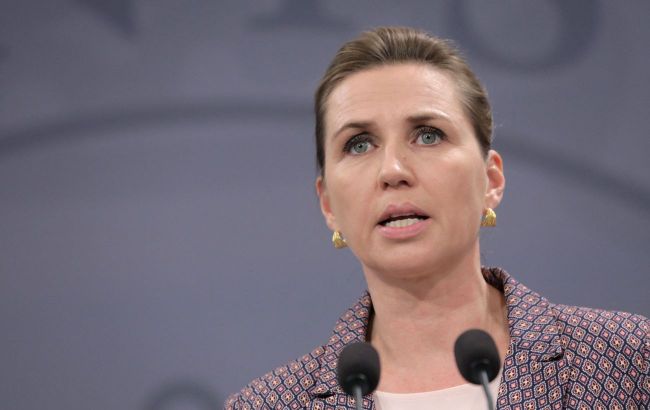Denmark abandons tight EU spending rules amid rising Russian threat
 Photo: Prime Minister of Denmark Mette Frederiksen (Getty Images)
Photo: Prime Minister of Denmark Mette Frederiksen (Getty Images)
Danish Prime Minister Mette Frederiksen has declared her country's readiness to abandon the EU's traditionally tight budget policy amid Russia's war against Ukraine. She emphasized that Europe should urgently change its approach to defense funding, Politico reports.
"Last time we had a leading role in the frugal four. Next time we'll have a leading role in another group," Frederiksen said at a joint press conference with European Parliament President Roberta Metsola.
She was referring to the alliance of Denmark, Sweden, Austria, and the Netherlands, which advocates limited budgetary growth in the EU.
According to her, Denmark will remain pragmatic in the negotiations, but no longer sees itself as part of the austerity power.
Frederiksen also called for a change in approaches to the formation of the new EU budget for 20228-2034. Denmark will hold the presidency of the EU Council from July, so its position could be decisive during the negotiations.
Back in December, Frederiksen first hinted at a change of course: she admitted the possibility of a common EU debt, which had previously been taboo for Denmark.
In her New Year's speech, she called for new investments and government support for the European economy.
According to sources, in March, Danish representatives took part in a closed-door meeting with their counterparts from Sweden, Finland, Poland, the Netherlands, and the UK.
They discussed the idea of creating a supranational defense bank that would allow for joint purchases of weapons at lower prices.
Rearming Europe plan
European Commission President Ursula von der Leyen said that Europe urgently needs to be rearmed. Later, she presented a plan to that effect.
It provides for the mobilization of 800 billion euros and includes loans worth 150 billion euros for defense needs. The funds will be used for the production of air defense equipment and the modernization of defense infrastructure among EU member states.
One of the main aspects of this plan is to expand the use of public funding in the defense sector, which will allow EU countries to make large-scale investments in the development and production of new defense technologies.
Earlier, all 27 EU member states agreed on a plan to rearm Europe.

